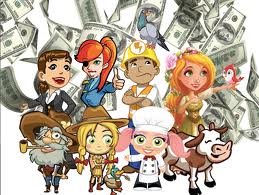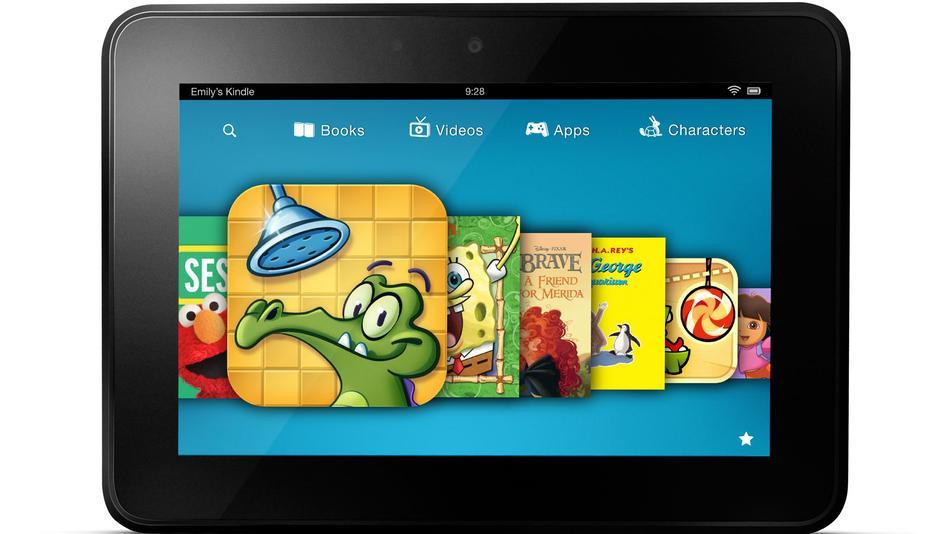Acquisition in the gaming industry has slowed down of late, according to the opinions of a pannel of industry investors at YetiZen’s San Francisco Game Developer’s Workshop, led by Zynga’s diminishing fortunes. Those attending the panel included Blumberg Capital vice president Chris Gottschalk, Sing Tel Innov8 managing director of investments Jeff Karas, and GameStop Digital Ventures general manager Chris Petrovic.
“Clearly Zynga had an impact on the later-stage investments,” Gottschalk said. “We see it not only in gaming but in all sectors. The public markets are going to affect what’s happening in some of the later-stage deals.”
“I agree. It’s a more sober environment around valuation,” said Karas. “Valuations get a little bit more skimpy. Still, the top games and the top companies are able to command good valuations. Maybe they’re a little frothy on occasion, but the majority — especially the ones that are less proven — are definitely more sober in terms of turns and valuation.”

“Our analysis continues to be more conservative,” noted Petrovic. “On a macro level I think valuations are leveling out. But at the same time, you have these diametrically opposite competing forces. There are the outliers like Zynga, with things like A Bit Lucky, where the dollar amount wasn’t a lot, but I guarantee there was a competitive bidding situation there. Where before there were informal metrics like $750,000 or $1 million dollars per engineer, they took it to $1 million dollars per employee. People start running around with that. “Look at this one example. This is what we should be doing.” Then you have the GREEs and DeNAs of the world buying unprofitable companies in the mobile space at huge multiples because they don’t want to have a competitive bidding situation. They have the cash flow that they’re drawing on back home.”
“We do pay attention to public comps, so the switch in public comps has affected our thinking on valuations,” added Gottschalk. “Obviously, if a company is growing fast, you can give it a premium to public multiples, but if you stretch your neck out too far as an investor, ahead of the public multiples, there’s more risk. It’s a factor in the equation. And it’s not just games, by the way. The consumer valuations across the board had gotten a little frothy. They’re starting to cool off and you’ll see them cool off more. That doesn’t mean consumer is a bad space. It’s just that some of the valuations got ahead of what was warranted. Once that breaks, you should be able to see the market resume. One twist on that, which I’ll add to this. Typically we will look at revenue comps. The challenge for Zynga, for example, is: What’s the price/earnings ratio when you’re not making earnings? You could argue that some good game companies would trade for a lot more on a price/earnings basis than on a revenue-multiple basis. It goes back to my argument about how it’s nice to make money. You at least have two ways to evaluate.”
Source: VentureBeat.com




